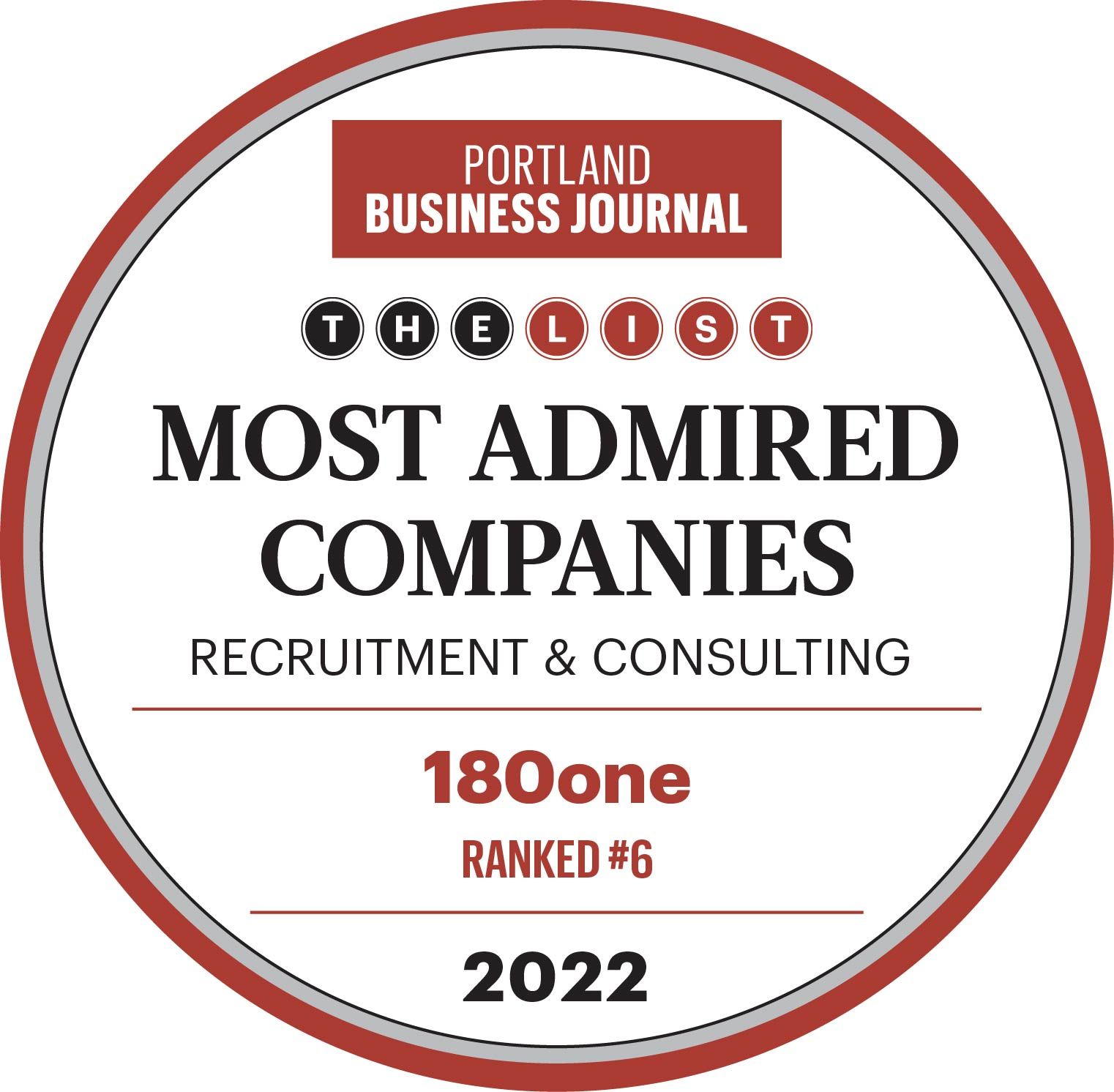Helping You Navigate Through This Pandemic

Planning is important, but the Plan is useless. I learned this phrase from a former colleague of mine who led our team through a strategic planning process back in the mid-2000s. At first, I thought he was intimating why bother going through the planning process since it won’t matter anyway, but at the end of the session I realized what he meant. The Plan is what you believe you can achieve based on the data you had in that current moment, but the planning process itself is what makes you think of the multiple scenarios you might encounter and how to react to them, based on different assumptions.
As a business owner and leader, I have recently had to jettison the 180one 2020 Plan based on COVID-19. While I am disappointed that we are having to temporarily shelve that plan, the pieces of that planning process will now become the hero of 2020 as we all shift to figure out how best to position our organizations to not only survive this disruption, but also to emerge stronger on the exit. Planning is the one business activity that allows me to sleep at night during moments of crisis as well as in moments of opportunity.
I have been connecting with many of 180one’s clients, friends and partners over the past week and we have been sharing what we are learning in the market and how we each can most effectively incorporate all this new information into our planning process during this pandemic. I thought it would be helpful to share some of those resources that I have found to be most helpful as it is not every month that we get to flex the crisis muscle.
The Planning Framework
My Vistage Chair shared a great resource with me from Bain Consulting that ultimately provides a framework on how best to organize and prioritize the planning process during crisis. This greatly helped 180one assess the current state of the union and look at the existing opportunities for 180one to become better and stronger. The emergence of a new mantra Better Stronger Together (hmmm…new tagline for 180one?) helped guide our team as we brainstormed our new plans.
Available Federal Programs - Families First & CARES Acts
On March 18 – the Families First Coronavirus Response Act was signed into legislation. The main components of this act were around providing sick leave for employees who are being impacted by the virus and providing extended coverage under FMLA once sick leave has been used. There are provisions in this Act that allow employers to receive reimbursement through tax credits for the wages paid to employees that use these benefits. Not to be overlooked are the provisions for unemployment insurance for employees who were temporarily laid off, allowing them to claim up to 4 weeks of unemployment without having to actively be seeking another job. Stoel Rives has done a great job of producing webinars on this Act that I have found very useful. In addition, Stokes Lawrence provided a helpful summary on the components of how employers can determine what financial assistance they might have access to under the Act.
On Friday, March 27th, Congress approved the massive $2 trillion CARES Act. While there are many provisions under this Act to become familiar with (here’s a section-by-section PDF), the main one that businesses under 500 employees are preparing for is the Paycheck Protection Program through the SBA, allowing for forgiveness of a loan up to 2.5 times a company’s monthly payroll (with some exclusions) if used for payroll, rent, etc., along with other guidelines. The main question is around when the application process will begin and as of yesterday, the SBA has set a lofty goal for Friday, April 3rd. In speaking with most banks, the application process should be easily accessible online. There are couple of great resources I have found on the CARES Act, including this one from the US Chamber of Commerce. I have a feeling that once the application process goes live it will be reminiscent to the frenzy you experience when purchasing concerts tickets to your favorite band.
Tax Man
I have been fortunate to receive some guidance from Mike Larson, who runs a local CPA firm, around what taxes and filings are due from an IRS perspective as well as Oregon Department of Revenue. The filing date of your 2019 individual tax returns have been extended from April 15th to July 15th, 2020, which is especially great news if you owe. In addition, any final federal 2019 tax payments or 2020 first quarter estimated tax payments have also been extended to July 15, 2020. However, the State of Oregon has not officially extended (as of yet) the deadline for first quarter 2020 estimated tax payments, but rather seems to be offering some sort of relief from an interest perspective.
Recruiting in This New Normal
Like most of the organizations out there, 180one went remote on March 12 by leveraging the technology that we have invested in over the past year. While we miss the office camaraderie that we gain by being together, we still hold our daily “huddle” via video conference to discuss each client project and lay out the day’s goals, and we are still able to connect with candidates and clients just as we would if we were in the office.
One of the unintended consequences (or benefits) of having a large population of the workforce switch over to full-time working from home is that they are more receptive to and more available to take our recruiting calls. So we are experiencing a much more positive response rate from candidates which has been good news for our clients.
Our clients have adopted video conferencing to conduct the first couple rounds of candidate interviews and we are providing guidance on how best to make these interviews a rich and positive experience for the candidate. We are seeing the recruiting timeline get accelerated as scheduling candidates/clients for video conferences is less cumbersome, and interviews are becoming more structured as the interviewer is truly focused on evaluating the candidates’ skills vs. who they “like”. This could actually aid the decision-making process around hiring the right candidate.
Planning is Important
Everything is happening so fast that it further supports “Planning is important, but the Plan is useless”. The plan we developed last week for 180one was already modified this week based on new information, and that new plan was again modified yesterday afternoon. However, we have our framework that we will continue to leverage with an understanding that some of the underlying data is going to change. I can live with that and sleep better tonight knowing that we will continue to figure it out!
Sleep Well!
~Greg






